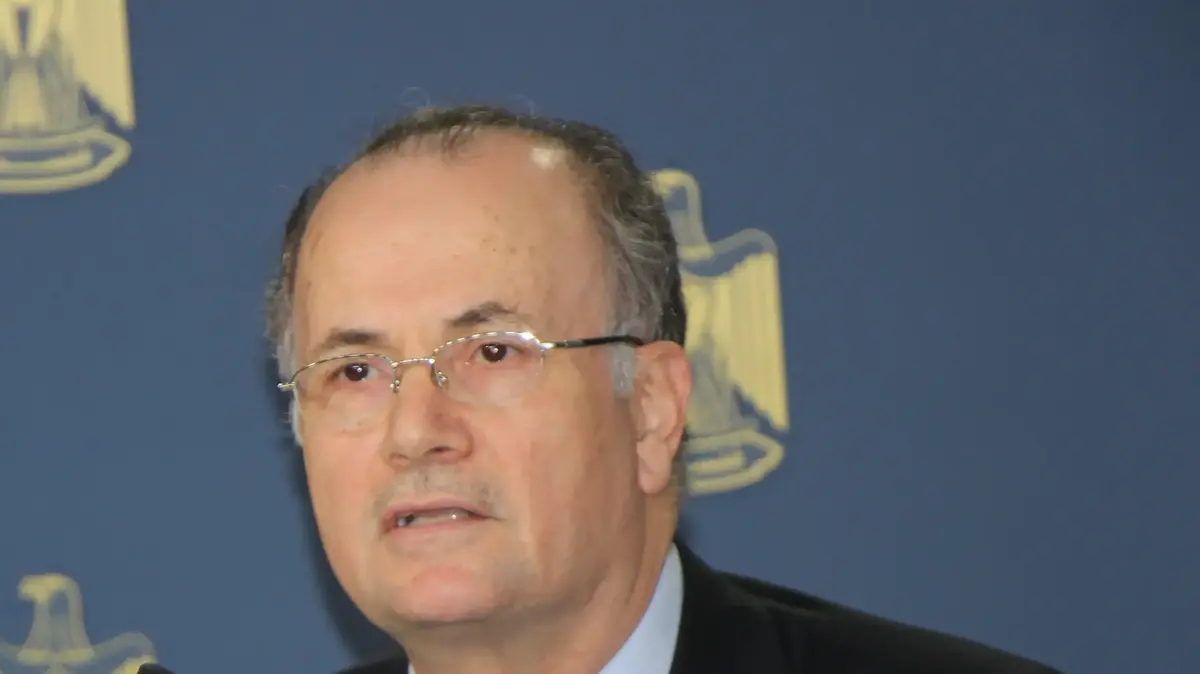Seven months after the first state of alarm to contain the coronavirus epidemic, the Council of Ministers will meet again this Sunday, in an extraordinary way, to approve this rule for the fourth time in democracy.
It meets at 10.00, after most of the autonomous communities (10 officially and some more when there are no microphones involved) have supported the measure, which will provide them with the necessary legal tool to be able to take drastic measures without go through the courts.
This time the government's idea is a long state of alarm, lasting several weeks, to be able to stop the second wave.
The Valencian Community, for example, has proposed bringing the curfew until December 9.
In this Sunday's decree, the state of alarm can only be set for 15 days, because this is indicated in article 116 of the Constitution, but in the text the Government will already make clear its intention to extend it for a longer time, probably greater than the 15 usual days, according to Executive sources.
Pedro Sánchez hopes to have sufficient support for that essential extension and submit it to a vote only once, and not every two weeks as in April and May, when he faced a parliamentary hell.
The five communities governed by the Popular Party have so far resisted giving explicit support to the state of alarm.
Two socialists (Aragon and the Canary Islands) have not requested it, but they support it.
The remaining 10 (Basque Country, Asturias, Extremadura, La Rioja, Catalonia, Navarra, Cantabria, Valencian Community, Castilla-La Mancha and the Balearic Islands) have requested it in writing between Friday and Saturday.
There are socialist, regionalist, nationalist and citizen governments, in the case of Melilla, who have also officially requested this constitutional rule to limit rights and contain the virus.
The Council of Ministers this Sunday will have to define exactly what measures it takes.
Because the state of alarm itself is a tool that empowers to take measures, but does not impose any in particular.
It does not imply a home confinement, as it happened in March.
And, in fact, this is what both the central government and the regional governments with intermediate restrictions want to avoid.
The Minister of Health, Salvador Illa, had been insisting for days that this was the best mechanism to take a measure that most communities agreed on: a curfew that would prevent contagion in the nightlife, one of the focuses that worry the most.
The decision to impose the state of alarm this weekend, without waiting for the presidents' conference on Monday, in which President Pedro Sánchez was going to listen to all the regional leaders, has been precipitated by the cascading request of several communities autonomous on Friday.
The first was the Basque Country.
The Lehendakari, Iñigo Urkullu, took a step forward after the Superior Court of Justice of the Basque Country struck down restrictions on social gatherings that he wanted to impose on the community.
Urkullu called for a state of alarm throughout Spain, but with delegated powers in the autonomous communities.
The Generalitat of Catalonia also did so.
Until that moment, no community had decided to request this measure to control the epidemic in its territory and not depend on the judges, as offered by the Prime Minister in August.
Curfew
The Council of Ministers could delegate all powers to the communities, but it could also rely on the document approved by the inter-territorial council last Thursday to impose some measures on all territories that have extreme risk.
For them, the document establishes that the state of alarm can be used to impose extraordinary restrictions, such as the limitation of movements.
One possibility that those who worked on the regulation were considering this Saturday was that a curfew be imposed in all provinces in this situation, for example.
There is no official assessment yet of which locations are at extreme risk.
But if the scale approved in the inter-territorial area is applied to the average data of the autonomous communities, seven would have already exceeded this threshold: Aragon, Castilla-La Mancha, Castilla y León, Madrid, Catalonia, Navarra and La Rioja, in addition to the cities from Ceuta and Melilla.
After the approval of the Council of Ministers, it is very likely that the Government will have to submit the measure to an extension, for which it needs the approval of Congress.
In principle, it is guaranteed enough votes, with the explicit support that Ciudadanos made on Friday and that of the nationalist parties that support the governments of the Basque Country and Catalonia.
The PP voted against the last extensions of the state of alarm and Pablo Casado has since demanded the modification of the 1986 organic law of special measures in public health to provide legal security to the measures of each Administration without having to resort to the alarm state.
This Saturday, with the Government about to declare it, they still insisted on that route.
"An express reform" of that law, admit sources from the leadership of the PP, would take more time, but the measure of exception would be saved.
The popular ones do not forget that taking advantage of the state of alarm, the Government shielded the presence of Pablo Iglesias in the CNI.
A legal umbrella
However, the leadership of the PP is aware that the state of alarm will go ahead.
And the regional presidents of the party do not see that measure with the eyes of Genoa.
They are the ones who submit to the criteria of the courts, and the state of alarm guarantees them a legal umbrella that prevents a court from breaking down the restrictions they impose.
The popular deputies of Castilla-La Mancha have also distanced themselves from the official discourse, who, together with those of Ciudadanos, support the initiative of their president to request a state of alarm.
The PSOE barons support applying the measure throughout Spain, since they understand that it is the only way to give legal certainty to the measures with which each territory is responding to the pandemic.
Adrián Barbón, the president of Asturias, a community that presented the best figures in Spain a month ago, remarks that on June 21, when the previous exceptional period ended, he was one of the few high-ranking institutional officials who asked for the status of alarm to better control the situation throughout Spain.
After six extensions, the PSOE declined to extend it for more weeks in the face of increasing difficulties in obtaining approval.
All socialist barons defend co-governance and collaboration between the Government and the autonomous communities as the best formula to combat the second wave of the coronavirus.
The nine leaders of the PSOE insist on defending a decentralized state, although they agree that there is room to improve its operation.
The application of common and binding criteria for all communities is also unanimously welcomed in the face of the fears of the PP, with Madrid at the fore.
"There should be the maximum possible agreement thinking of the general interest and taking into account the specificities of each territory", considers Ángel Víctor Torres, president of the Canary Islands: the archipelago has the lowest cumulative incidence in the country (81.41 per 100,000 inhabitants ).
At the other extreme is Navarra (1062.80).
Its president, María Chivite, and other leaders consulted such as Guillermo Fernández Vara from Extremadura defend night-time confinement as one of the measures that can contribute the most to contain the covid.
Information about the coronavirus
- Here you can follow the last hour on the evolution of the pandemic
- This is how the coronavirus curve evolves in the world
- Download the tracking application for Spain
- Search engine: The new normal by municipalities
- Guide to action against the disease








